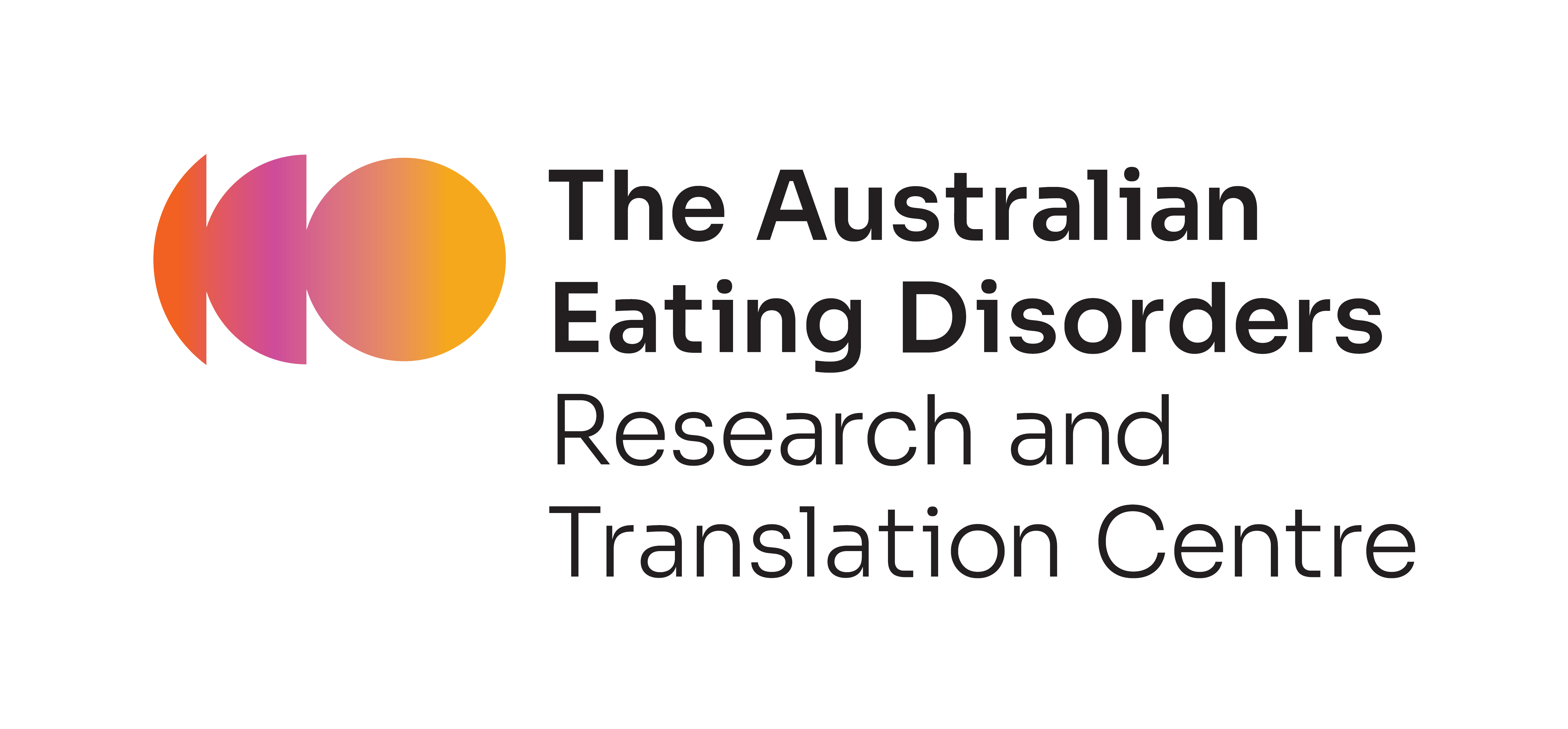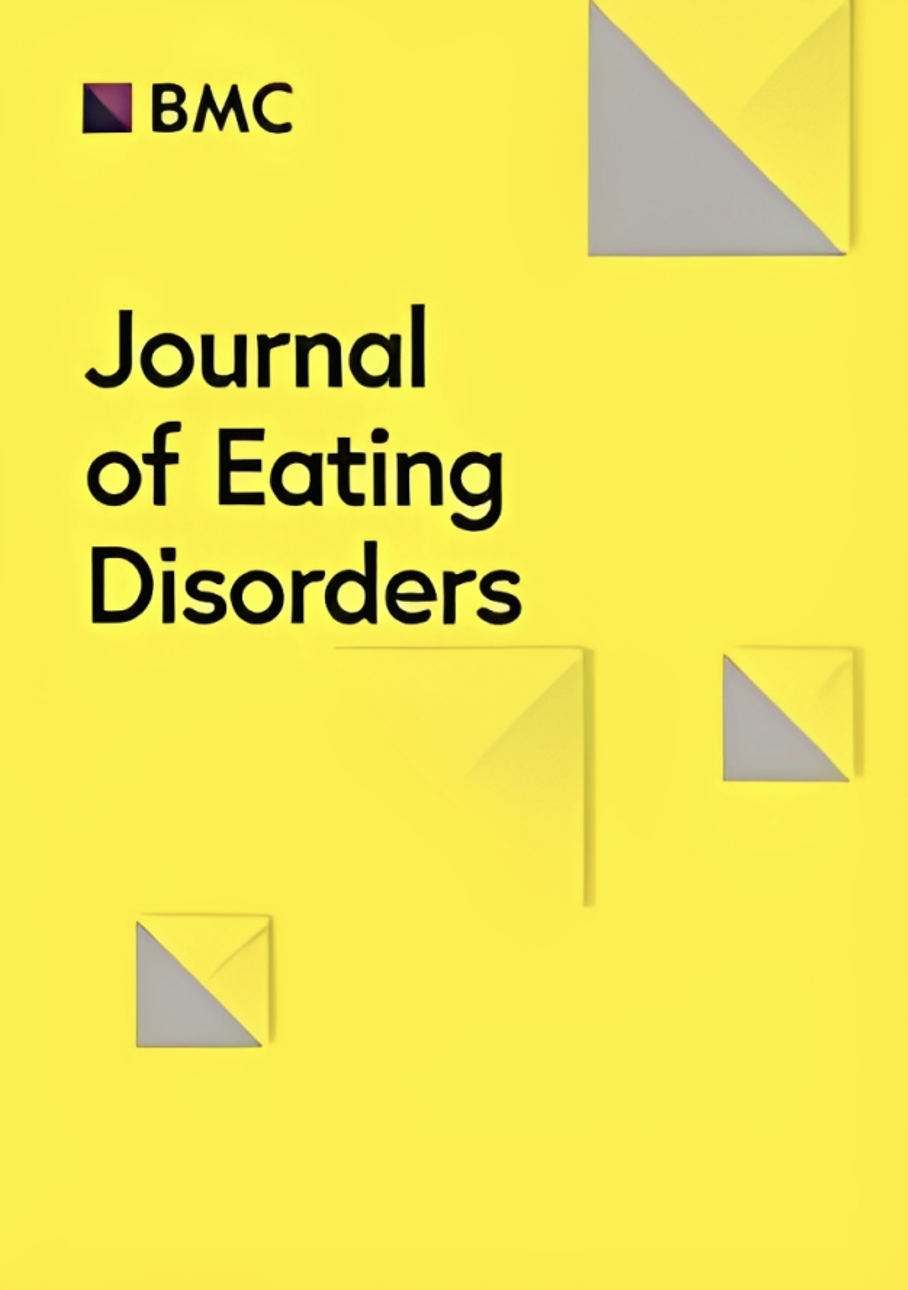Background
There are a range of complex risk factors associated with the onset, development, and course of eating disorders. Understanding these risk factors is vital for our understanding of how and why eating disorders develop, which may inform targeted, evidence-based prevention, early intervention, and treatment programs.
Methods
ScienceDirect, PubMed and Ovid/Medline were searched for studies published between 2009 and mid 2021 in English. High-level evidence such as meta-analyses, large population studies and Randomised Control Trials were prioritised through purposive sampling. Data from selected studies relating to risk factors for eating disorders were synthesised in narrative format and are disseminated in the current review. For more information on the Rapid Review methods, see https://jeatdisord.biomedcentral.com/articles/10.1186/s40337-022-00556-3
Results
A total of 284 studies were included. The findings were divided into nine main categories: (1) genetics, (2) gastrointestinal microbiota and autoimmune reactions, (3) childhood and early adolescent exposures, (4) personality traits and comorbid mental health conditions, (5) gender, (6) socio-economic status, (7) ethnic minority, (8) body image and social influence, and (9) elite sports. A substantial amount of research exists supporting the role of inherited genetic risk in the development of eating disorders, with biological risk factors such as the role of gut microbiota in dysregulation of appetite, an area of emerging evidence. Abuse, trauma and childhood obesity are strongly linked to eating disorders, however less conclusive evidence exists regarding developmental factors such as role of in-utero exposure to hormones. Comorbidities between eating disorders and mental health disorders, including personality and mood disorders, have been found to increase the severity of eating disorder symptoms. Higher education attainment, body image-related factors, and use of appearance-focused social media are also associated with increased risk of eating disorder symptoms.
Conclusion
An extensive amount of research has been conducted, much of which has examined associations or correlations between risk factors and eating disorder onset, with limited prospective or experimental research assessing the causal nature of the risk factors identified. Most studied factors therefore can currently only be considered correlates of disordered eating and eating disorders. More long-term and cause-effect research is needed to further our understanding of eating disorder development, allowing for enhancement of existing interventions.

